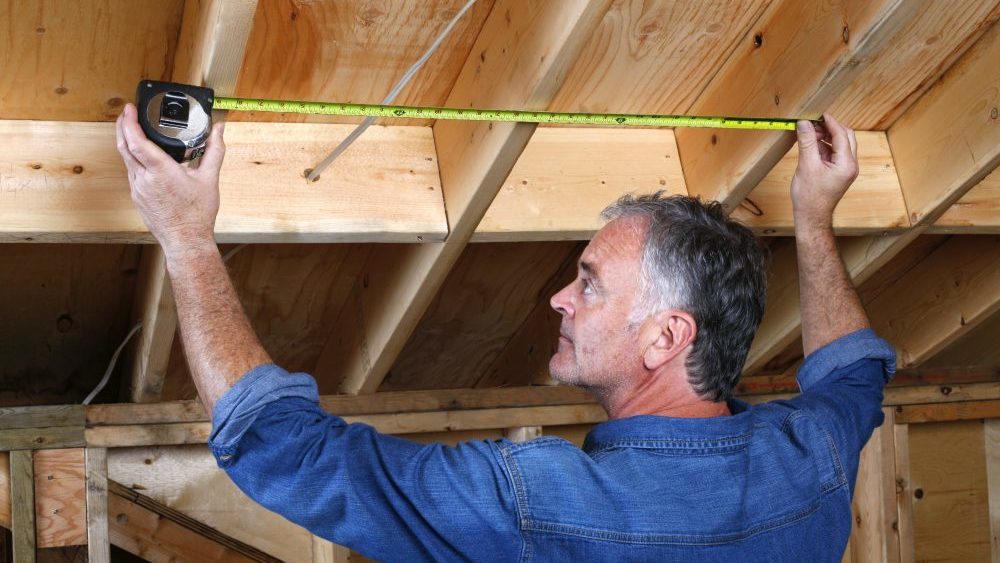While inspections are commonplace when buying a home, should you, as the seller, consider having your home “pre-inspected” before listing it? Here are the pros and cons.
Knowledge is power. Having your home professionally inspected gives you a clear understanding of its needs before you price it. Setting the right price is widely considered as the most important step in the selling process. If previously unknown problems turn up in the buyer’s inspection, you could find yourself having to make costly repair concessions.
If the house needs very little, a pre-inspection allows you to price your house confidently. If problems are discovered, you can choose to fix them now, or wait and negotiate the repairs or any price concessions later. This is a great way to alleviate stress before you are under the pressure of contract negotiations.
If you go the negotiation route, prepare documentation on how you arrived at the price of your home, including adjustments for the cost of repairs.
Knowledge means responsibility. In most states, sellers are required to provide the buyer with a property condition disclosure report on a form approved by the state’s real estate commission. You must report any known deficiencies. By having a pre-inspection done, you take on the responsibility of reporting the inspector’s findings. If you have the problems repaired beforehand, disclosure isn’t ordinarily required — with a few possible exceptions, such as termite damage or water damage.


